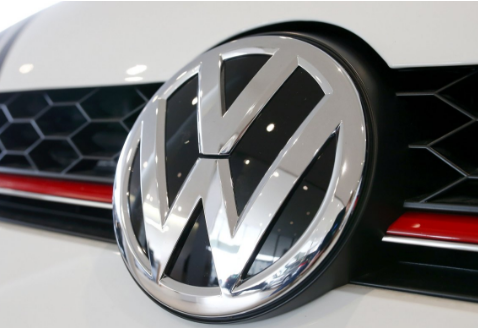California regulators provided Volkswagen the consent on Thursday to start broadening clean vehicle infrastructure throughout the state, after dispute over whether the German automaker’s plan would do enough to assist disadvantaged communities.
The California Air Resources Board voted unanimously to authorize the 30-month, $200 million plan, the first tranche of $800 million that Volkswagen has accepted to spend in California as part of its court settlement concerning diesel emissions.
Volkswagen should spend $2 billion across the country over 10 years to advance zero emissions automobiles, consisting of charging, development of ride-sharing fleets and other efforts. A sufficient number of charging stations is major to the adoption of electric vehicles, and state and city governments are expanding their facilities, often through collaborations with automakers.
An earlier version of Volkswagen’s budget, which is being carried out by automaker’s Electrify America unit, was slammed by regulators for lacking detail on how it would assist disadvantaged communities along with promote hydrogen fuel cell innovation.
In the variation authorized on Thursday, Electrify America stated it intended to spend 35 percent of mutual fund in disadvantaged areas, in line with regulators’ standards.
It also committed to invest $2-$3 million on partnering with groups with access to disadvantaged and low-income communities, belonging to $20 million that would be invested in brand-neutral public education across the state.
Out of the $200 million, VW intends to spend $75 million on a highway charging network of 50-plus stations and $45 million on over 350 community charging stations in Fresno, Los Angeles, Sacramento, San Diego, San Jose and San Francisco.
It also prepares to invest $44 million in Sacramento, the state capital, where it plans to set up over 50 chargers to support vehicle sharing services and other zero-emission programs.


